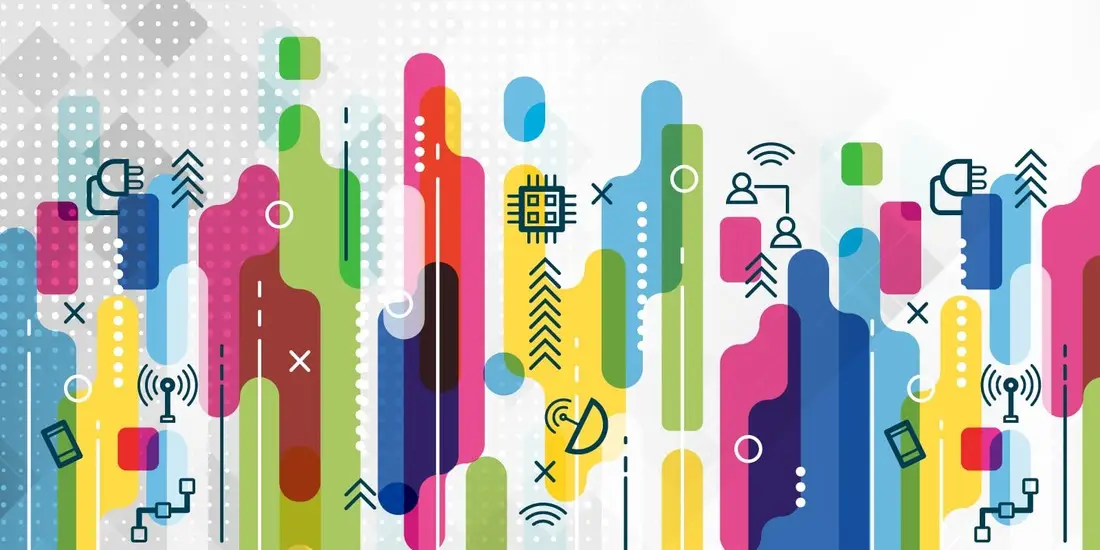
Дата публикации
Attacks on digital systems can have devastating consequences for people and their rights. This is stated in a report by the human rights organization Access Now.
The tasks of the UN Security Council directly include maintaining peace and security, as well as assisting in solving international problems and promoting respect for human rights.
This includes ensuring that human rights are protected in the digital age by all available means, including endorsing resolutions binding on all Member States.
For more than 10 years, Access Now, together with civil society partners, has been promoting the protection of digital rights at the UN, from the General Assembly to the Human Rights Council, and during this time, states have adopted more than 350 resolutions in this area.
However, the UN Security Council has largely ignored these issues, despite the growing use of digital networks to repress and restrict opinion. The Security Council's lag behind other UN bodies in recognizing and protecting human rights is more than obvious.
Access Now research shows that the UNSC is not engaging in serious debate on human rights issues arising from technological change.
As a result, many conflict actors, humanitarian organizations and vulnerable communities remain unaware of how to maintain peace and security in the face of digital threats.
Access Now has prepared a number of recommendations for UNSC member states to address the identified gaps and improve the protection of human rights in the digital age:
- Security Council member states should map the intersections of their key human rights and security concerns in the digital age.
“Try to include these aspects in UNSC resolutions and discussions in close coordination with affected communities, non-governmental organizations and experts,” Access Now notes;
- It is necessary to train the diplomatic corps and regularly review information from the civil and technology communities about digital rights in situations of insecurity or conflict;
- Articulate more clearly digital and cyber issues related to human rights, especially when it comes to protection and accountability mechanisms;
- Expand the category of “human security” to include digital and cyber issues that are today necessary to fulfill the mission of the UN Security Council and the UN organization as a whole.
“We look forward to working more closely with states, civil society, the private sector and multilateral organizations to bring the work of the UNSC into the digital age,” Access Now concludes.
(text translation is carried out automatically)
The tasks of the UN Security Council directly include maintaining peace and security, as well as assisting in solving international problems and promoting respect for human rights.
This includes ensuring that human rights are protected in the digital age by all available means, including endorsing resolutions binding on all Member States.
For more than 10 years, Access Now, together with civil society partners, has been promoting the protection of digital rights at the UN, from the General Assembly to the Human Rights Council, and during this time, states have adopted more than 350 resolutions in this area.
However, the UN Security Council has largely ignored these issues, despite the growing use of digital networks to repress and restrict opinion. The Security Council's lag behind other UN bodies in recognizing and protecting human rights is more than obvious.
Access Now research shows that the UNSC is not engaging in serious debate on human rights issues arising from technological change.
As a result, many conflict actors, humanitarian organizations and vulnerable communities remain unaware of how to maintain peace and security in the face of digital threats.
Access Now has prepared a number of recommendations for UNSC member states to address the identified gaps and improve the protection of human rights in the digital age:
- Security Council member states should map the intersections of their key human rights and security concerns in the digital age.
“Try to include these aspects in UNSC resolutions and discussions in close coordination with affected communities, non-governmental organizations and experts,” Access Now notes;
- It is necessary to train the diplomatic corps and regularly review information from the civil and technology communities about digital rights in situations of insecurity or conflict;
- Articulate more clearly digital and cyber issues related to human rights, especially when it comes to protection and accountability mechanisms;
- Expand the category of “human security” to include digital and cyber issues that are today necessary to fulfill the mission of the UN Security Council and the UN organization as a whole.
“We look forward to working more closely with states, civil society, the private sector and multilateral organizations to bring the work of the UNSC into the digital age,” Access Now concludes.
(text translation is carried out automatically)
